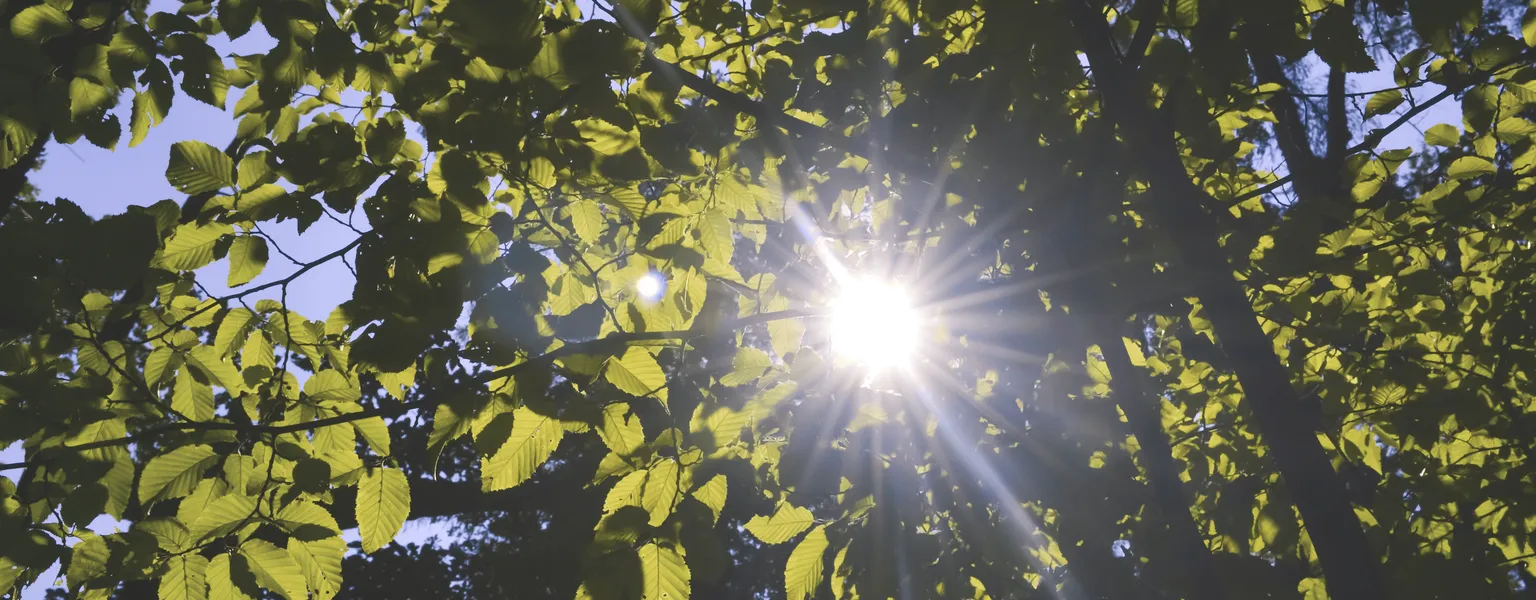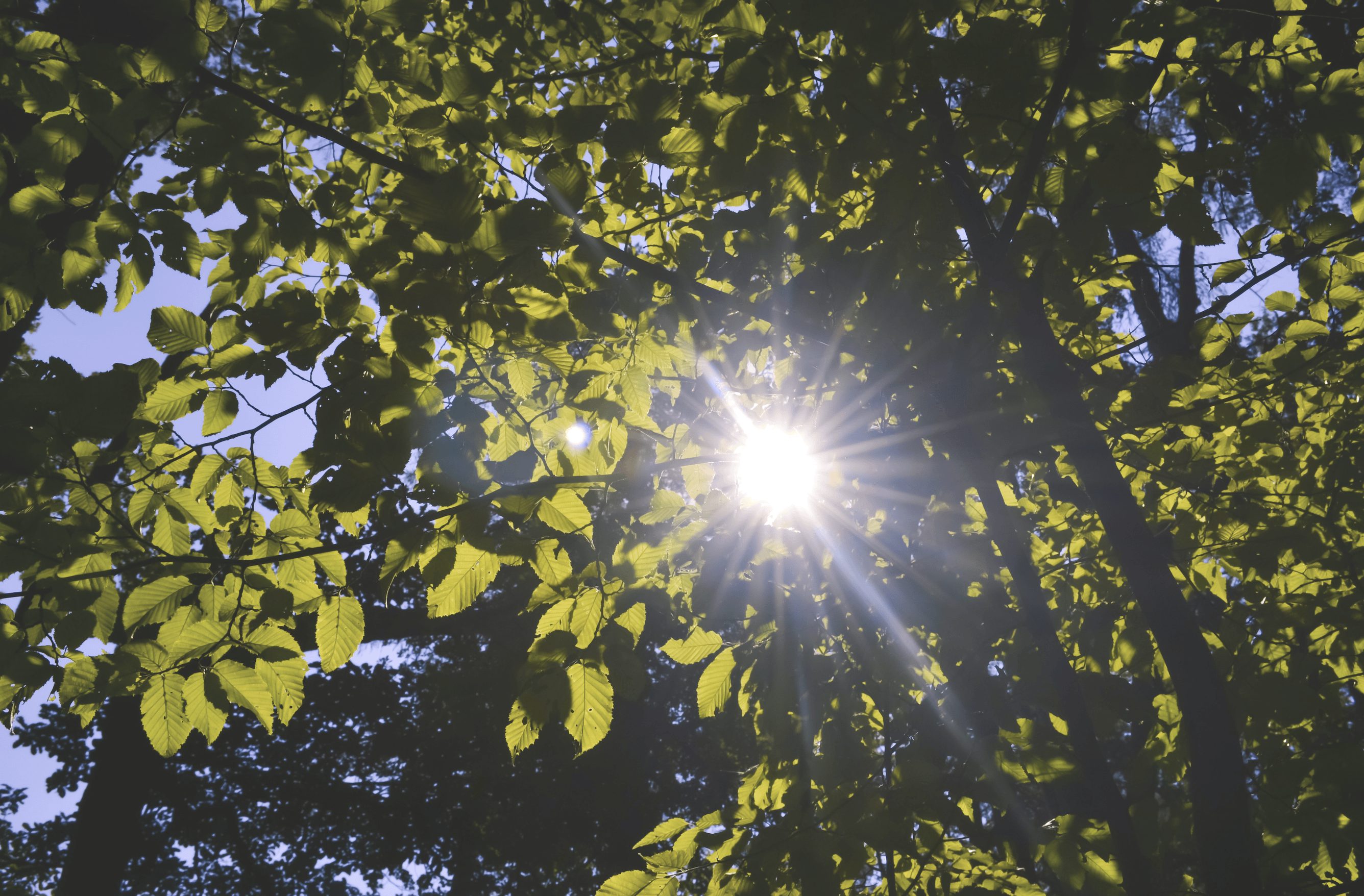What Washington’s new EPR law means for brands, recyclers, and policymakers

Business
On 17 May 2025, Governor Bob Ferguson signed Senate Bill 5284, officially known as the Recycling Reform Act, marking Washington as the seventh US state—and the last on the West Coast—to establish a packaging and paper Extended Producer Responsibility (EPR) programme.
What does EPR mean for brands?
-
Producer Responsibility Organisations (PROs): By 1 July 2026, producers (manufacturers, brand owners, importers, distributors) must join or establish a PRO to manage recyclables on their behalf.
-
Cost-sharing model: Brand levies will help cover recycling costs—initially around 50% of program expenses by 2030, increasing to 90% by 2032.
-
Design incentives: With producers footing part of the recycling bill, there’s a stronger incentive to use recyclable and lower-impact packaging—from day‑one design to end‑of‑life disposal.

What it means for recyclers & municipalities
-
Expanded curbside recycling: The law mandates curbside pickup across all homes with waste service, bringing recycling to nearly half a million more households, including multi-family and rural areas.
-
Needs assessment & oversight: The Washington Dept. of Ecology will lead a state-wide recycling audit by end of 2026, followed by a more comprehensive analysis in 2027, ensuring future infrastructure can meet demand.
-
Enforcement powers: Willful non-compliance—such as failure to register by March 2029—could result in escalating penalties.
What this signals for policymakers
Washington’s adoption of packaging EPR aligns it with Maine, Oregon, California, Colorado, Maryland, and Minnesota, closing a major policy gap on the West Coast. It reinforces a producer-funded, shared-cost approach common in global models, designed to build more resilient recycling systems without overburdening taxpayers.
This move sends a clear signal: packaging design, recyclability, and collection systems must now be viewed as interlinked elements in a circular economy — and not afterthoughts.
Key dates to watch
- 1 Jan 2026: Producers must appoint a PRO
- 1 Jul 2026: Producers must register with PRO
- 31 Dec 2026: Ecology to complete initial recycling needs study
- 1 Mar 2029: PRO registration mandatory before sale
- 2030: Reimbursement to reach 50%
- 2032: Full 90% cost coverage required
Why it matters
For brands: It’s time to rethink packaging from end-to-end—not just as a marketing tool, but as a cost-bearing environmental responsibility.
For recyclers: Federal funding and infrastructure investment will follow—to support collection, sorting, and processing.
For policymakers: Washington’s law is a template for scalable, equitable EPR systems that balance producer accountability with public access to recycling.
This shift isn’t stopping. Expect more US states to follow Washington’s lead, potentially driving a national tipping point in sustainable packaging and producer-led system design.
Related News
-
Business
Major FMCG companies withdraw from US Plastics Pact ahead of 2030 targets
-
Business
What Trump’s presidency means for packaging businesses
-
Business
Labels – EPR’s secret weapon
-
Business
MPMA: EPR fees threaten the future of metal food cans
-
Business
UK hospitality sector urges delay and rethink of EPR policy over cost concerns




